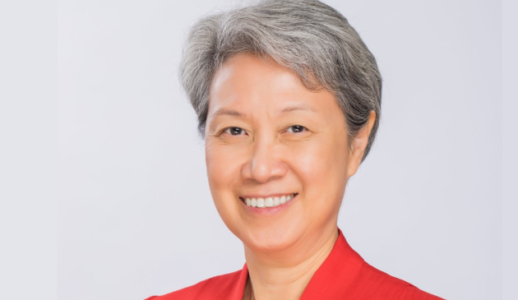A debate on language, respect, and cultural inclusivity sparks in Singapore
SINGAPORE: In a strongly worded social media post, Ho Ching, wife of Prime Minister Lee Hsien Loong, condemned the behavior of a woman who publicly criticized a supermarket employee at NTUC FairPrice for not speaking English. The incident involved local influencer Datin Amy Tashiana, who posted a video confronting a FairPrice employee at City Square Mall, complaining about her fish order being mishandled due to a language barrier with the employee, who spoke only Mandarin.
Describing the woman’s actions as “bullying,” Ho Ching highlighted Singapore’s inclusive values, urging that Singaporeans show respect and patience in multicultural interactions. She remarked, “Being Singaporean is more than a passport; it’s about making a living while fostering friendships across cultures. Brash, boastful behavior has no place in the Singapore soul.” Ho Ching also acknowledged the linguistic challenges many Singaporeans face, saying that empathy and open-mindedness are essential for peaceful coexistence.
While some online supported Ho Ching’s stance, others voiced frustrations, arguing that front-line workers in a multilingual country like Singapore should have a basic understanding of English to serve all customers fairly. One commenter wrote, “Why should I struggle to converse in my own country?” Others echoed the sentiment that non-Mandarin speakers often feel marginalized when language barriers arise.
FairPrice responded by promising an investigation and additional training for the staff member, emphasizing the importance of courtesy towards all employees.
Ho Ching’s comments also noted Singapore’s diversity as a strength, recalling how past generations of Singaporeans communicated across language barriers with kindness and tolerance. She encouraged Singaporeans to embrace these values, suggesting that adopting a new language could bring new connections and understanding within the community. The post quickly sparked discussions on inclusivity, service standards, and cultural sensitivity in a rapidly diversifying Singapore.








